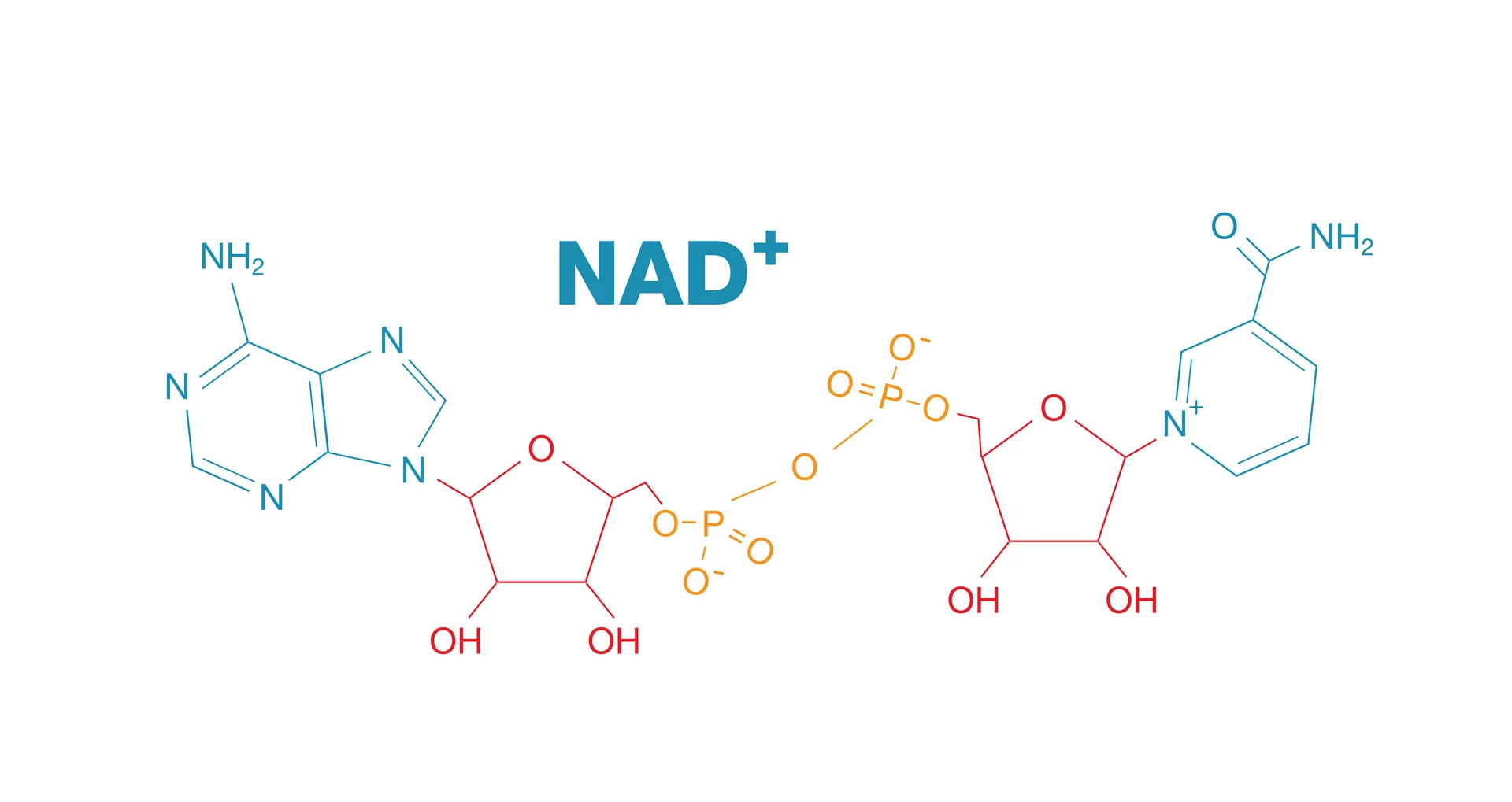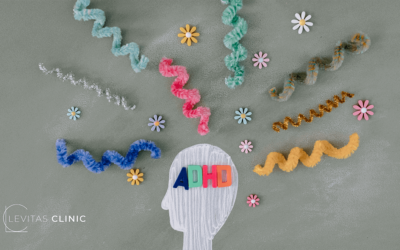Nicotinamide adenine dinucleotide is a coenzyme (a compound that certain enzymes need to do their work.) which is central to metabolism. It’s found in all living cells, and is essential, as it ensures proper cell function. This helps protect the body from disease and aging.
One major function it has is its role in converting food into energy.
It does this, and many other processes, by kick starting many reactions and processes by transferring electrons from one molecule to another. As electrons are the atomic basis of cellular energy, transferring them between molecules means that NAD+ works in a similar way to recharging a battery. The battery stops working because its electrons are used up to provide energy.
The electrons cannot return to their charged state without a jolt, and it is the same in our cells. NAD+ gives the molecules the jolt they need to become active again, and in this way, NAD+ can increase or decrease enzyme activity, gene expression, and cell signalling. NAD+ also ensures proteins are properly folded into the form they need to have to do their jobs, for example, if the insulin receptor protein is the wrong shape, your cells don’t get the signal to accept the delivery of fuel that’s coming from your bloodstream.
It is believed that NAD+ is involved in 500 enzymatic reactions. A few examples of important reactions where NAD+ is essential
- Helping cells produce energy from food. NAD works closely with other molecules like AMP (adenosine monophosphate) and ADP (adenosine diphosphate) to create energy.
- Repairing DNA.
- Electron transport, which is important for creating energy.
- Maintaining healthy mitochondria. Most aging-related diseases, in particular neurodegenerative diseases, have mitochondrial involvement, so maintaining their health as you age is critical.
- Cell signalling.
- Regulating gene expression
- Immune function
However, levels of NAD+ fall significantly as we get older. This depletion has been associated with hallmarks of aging and may underline a wide range of age-related diseases as well at metabolic diseases, cancer, and neurodegenerative diseases. Preclinical evidence of NAD+ replenishment that could potentially delay and/or prevent metabolic conditions, hearing loss, muscle atrophy and cognitive decline are really encouraging.
When you don’t have enough NAD+, your brain is unable to convert enough glucose into energy, which leaves your brain cells’ supply of cellular energy depleted. By increasing your NAD+ levels you can prevent feelings of brain fog, which is associated with increasing age.
The world has an increasingly older population and finding solutions for this will become more and more important. NAD+ may well prove itself as a potential therapeutic strategy for conditions as associated with aging, improving people’s quality of life
While NAD+ can be found in food and increased through exercise, supplements may be a good option in combination with these if you are interested in getting the full benefits.
Levitas Clinic Guildford will soon be offering NAD+ supplements. Please contact us if you wish to know more!



